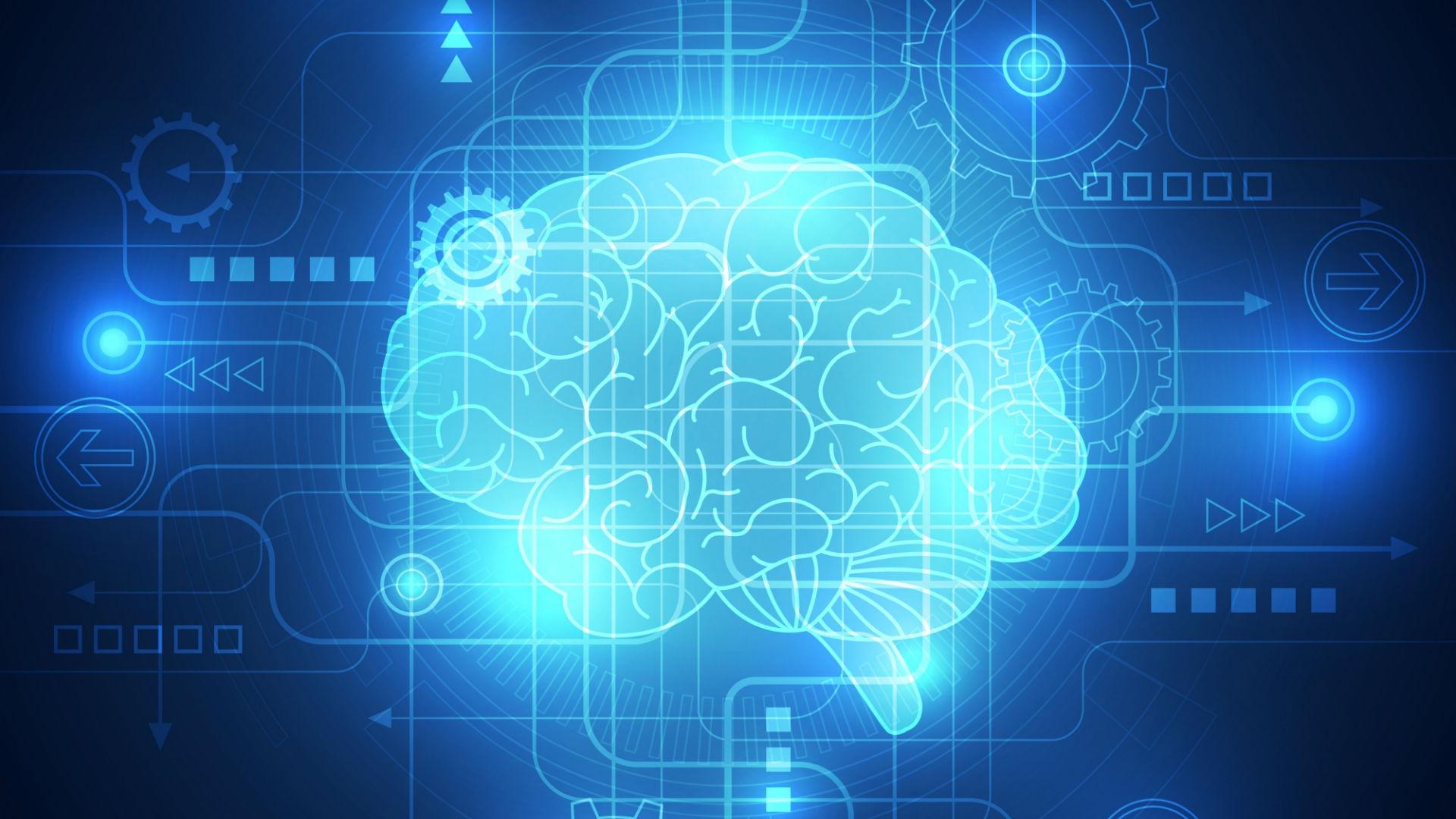Unraveling the Mysteries of Artificial Intelligence: A Journey into the Future
Unraveling the Mysteries of Artificial Intelligence: A Journey into the Future
Blog Article

Artificial Intelligence, often abbreviated as AI, has become a ubiquitous term in today's technological landscape. This groundbreaking field delves into the realms of creating intelligent machines that can process data, learn, and perform tasks that typically require human intelligence. From self-driving cars to virtual assistants on our smartphones, AI has permeated various aspects of our lives, revolutionizing the way we live and work.
The curiosity and excitement surrounding AI stem from its potential to enhance efficiency, productivity, and innovation across industries. As we embark on this journey into the future, the mysteries of artificial intelligence unfold before us, unveiling the endless possibilities and challenges that lie ahead. With each advancement and breakthrough in AI technology, we inch closer towards unlocking the full potential of this transformative innovation.
The History of AI
https://www.blab.com
Artificial intelligence, often abbreviated as AI, has a fascinating history that dates back to the mid-20th century. The concept of AI was officially coined in 1956 by researchers at a workshop held at Dartmouth College. This marked the beginning of a new era in technology that aimed to replicate human cognitive processes using machines.
Over the decades, AI has evolved significantly, driven by advancements in computing power and data processing capabilities. In the 1990s, machine learning techniques like neural networks and deep learning started gaining prominence, enabling AI systems to learn from data and improve their performance over time.
In recent years, we have witnessed unprecedented growth in AI applications across various industries, from self-driving cars to medical diagnosis. As AI continues to push the boundaries of what is possible, we are embarking on an exciting journey into the future where intelligent machines could revolutionize the way we live and work.
Current Applications
Artificial intelligence is currently being utilized across various industries to enhance efficiency and streamline processes. In healthcare, AI is revolutionizing patient care through predictive analytics and personalized treatment plans. By analyzing vast amounts of data, AI algorithms can identify patterns and provide insights that assist healthcare professionals in making informed decisions.
Moreover, the automotive industry is incorporating AI in the development of self-driving vehicles. Advanced AI systems enable cars to perceive their surroundings, make real-time decisions, and navigate complex environments autonomously. This technology has the potential to reduce accidents and improve transportation systems by optimizing traffic flow and reducing congestion.
Furthermore, the retail sector is leveraging AI to enhance customer experiences and drive sales. From personalized recommendations based on purchase history to chatbots that provide instant customer support, AI tools are reshaping the way businesses interact with consumers. By understanding customer preferences and behaviors, retailers can tailor their marketing strategies and create targeted campaigns that maximize engagement and conversions.
Future Possibilities
The landscape of artificial intelligence continues to evolve at a rapid pace, opening up a world of exciting possibilities. As advancements in AI technology push the boundaries of what is achievable, we are standing on the brink of groundbreaking innovation. From enhancing existing processes to creating entirely new opportunities, the future holds immense potential for AI to revolutionize various sectors.
In the realm of healthcare, artificial intelligence is poised to revolutionize diagnostics and patient care. Through the utilization of AI algorithms, medical professionals can access real-time insights and personalized treatment recommendations. This could lead to faster and more accurate diagnoses, ultimately saving lives and improving overall healthcare outcomes.
Furthermore, the integration of AI into autonomous vehicles is set to redefine the concept of transportation. Self-driving cars powered by sophisticated AI systems have the potential to enhance road safety, reduce traffic congestion, and provide greater mobility for individuals. As research and development in this field continue to accelerate, we can anticipate a future where autonomous vehicles are the norm, transforming the way we travel.
Report this page